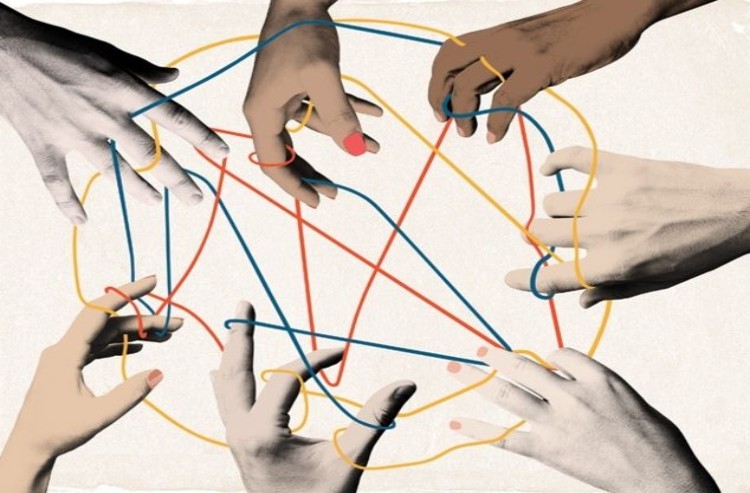
A mental simulation intervention enabled new information and thinking to emerge in the test group, resulting in better outcomes.
COVID-19 has brought our decision-making into significant scrutiny – and in many cases shown us to be lacking in this most underrated and taken for granted skill. Yet, arguably, there has never been a more important moment for us all to be making great decisions.
Against this backdrop, this mixed methods paper, examining the positive effect of a mental simulation intervention on improving group decision outcomes, has just been published, open access, in the British Journal of Social Psychology. All authors come from the School of Psychology; Dr Dawn H. Nicholson, Dr Tim Hopthrow, Professor Georgina Randsley de Moura and Dr Giovanni Travaglino.
The mental simulation – a twist on “let’s pretend” – asks groups to project forward and imagine that the decision they are about to make (which is not yet ‘baked in’) has gone badly wrong. The assumption of failure opens up the decision-making black box, causing the group to go back and more fully interrogate and challenge the decision and the information underpinning it, resulting in better decision-making outcomes.
“This enables new information and thinking to emerge in the group.” Dr Nicholson explained “Applying this to the decision allows the group to improve their decision-making.”
In short, groups who undertook the mental simulation showed better decision outcomes than those who did not.
“Despite much decision-making in the workplace being conducted in groups, research suggests groups don’t always do a good a job when it comes to decision-making – particularly in certain scenarios.” Nicholson continued “This can be down to a variety of factors, e.g. who holds what information and how good the group is at sharing and integrating information into the decision-making process, to name but two. This makes it particularly difficult for new and unique information – which may be vital to reaching the best decision – to get into the discussion, let alone be applied to reaching it.
For a variety of reasons, groups find sharing and integrating information, particularly new information, challenging.
“As humans, we like shared information: it makes us feel good. We are ‘cognitive misers’ – so we dislike new information because we have to work harder to process it, integrate it and apply it to our decisions. We also rush to make a quick decision, then actively seek out information which confirms that decision, rather than challenges it – we want to prove ourselves right rather than wrong. We also often don’t want to ‘put our hand up’ with the single piece of disconfirming evidence in case we look silly, or turn out to be wrong – so we end up ignoring those vital pieces of information. None of this is good for high quality decision-making.”
“Decision-making is under scrutiny as never before and we need to be making the best decisions. The good news is that the mental simulation is relatively simple and easy to implement. So although this research has been tested in a lab, the intervention should be easily applied beyond this.”
You can read the full paper here.




